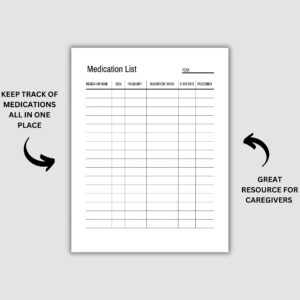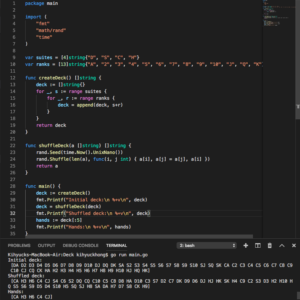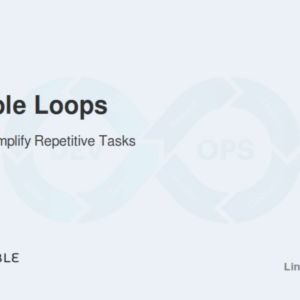Employing such a document offers several advantages. It promotes organization and reduces the risk of medication errors, such as double-dosing or adverse interactions. A comprehensive record aids in accurately conveying a patient’s self-medication history to physicians or pharmacists, ensuring a more complete and accurate assessment of their overall health status. Furthermore, consistent use can help individuals track their responses to different treatments, leading to better management of minor ailments.
over
Golang Iterate Over List Template
The utilization of this method promotes code reusability, simplifying the creation of complex outputs and reducing redundancy. By abstracting the iteration logic into the template, the underlying code remains cleaner and easier to maintain. This approach improves the readability of the template, as the structure of the output becomes more apparent. Furthermore, it provides a clear separation of concerns between data handling and presentation, resulting in a more organized and manageable codebase.
Ansible Iterate Over List Template
Employing this technique offers significant advantages in configuration management. It enables the creation of numerous, similar configuration sections with minimal code duplication, promoting consistency and reducing the risk of errors. It facilitates tailoring configurations to specific hosts or applications based on the data within the collection.


